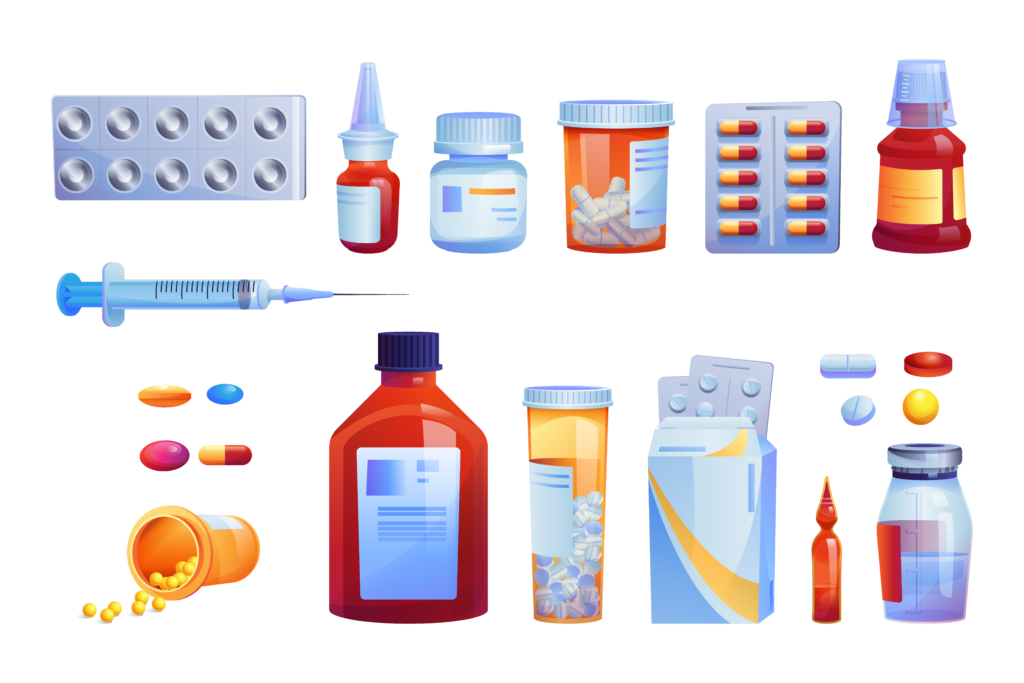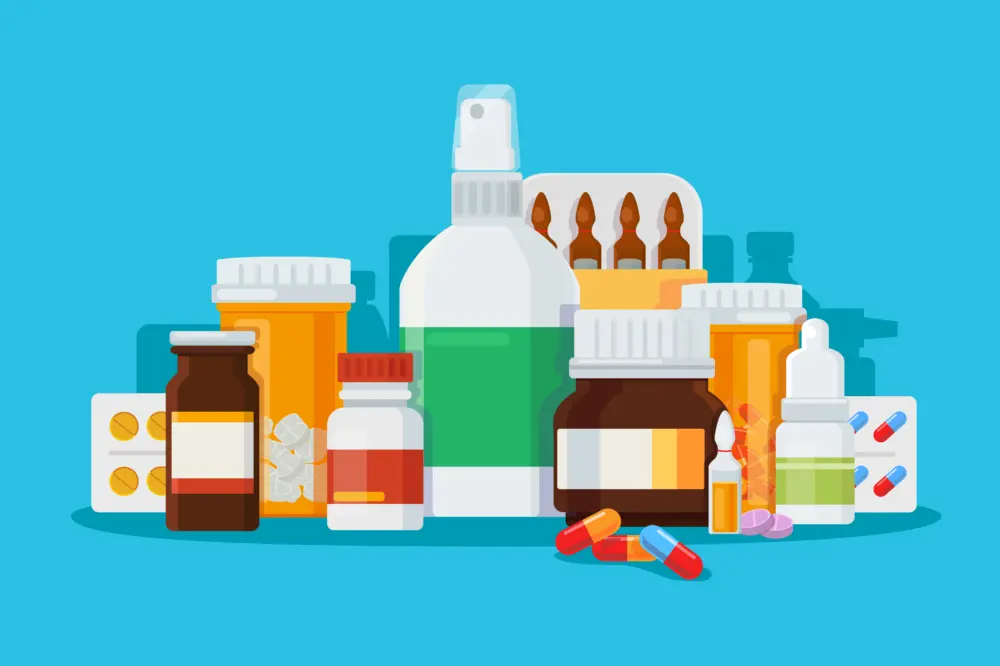The integration of medication alongside therapy represents an approach aimed at addressing both biological and psychological aspects of conditions such as depression, anxiety, and bipolar disorder. While pharmacologic solutions can be highly beneficial in reducing symptom severity, it’s essential to weigh both the positives and negatives of their use in conjunction with therapy. This article explores that while it may not always be necessary, it can be invaluable for enhancing treatment outcomes in certain cases.
Understanding the Role of Medication
Medication plays a crucial role in managing symptoms associated with various mental health conditions. Antidepressants, anxiolytics, mood stabilizers, and antipsychotics are among the commonly prescribed medications. These drugs work by altering neurotransmitter levels in the brain, thereby alleviating symptoms such as persistent sadness, excessive worry, mood swings, and psychotic episodes. However, medication alone may not address underlying issues or provide individuals with the necessary coping skills to navigate life’s challenges.
The Synergy of Therapy and Medication
Therapy offers a supportive environment for individuals to explore their thoughts, emotions, and behaviours with a trained professional. Cognitive-behavioural therapy (CBT), dialectical behaviour therapy (DBT), psychoanalysis, and mindfulness-based therapies are some modalities commonly used in conjunction with medication. Therapy helps individuals develop insight into their condition, learn coping strategies, improve interpersonal skills, and foster resilience. When combined with medication, therapy can enhance treatment efficacy by addressing both the psychological and biological aspects of mental illness.

Positives of Integrating Medication and Therapy
- Symptom Reduction: Medication can effectively reduce the severity of symptoms associated with mental health conditions, providing individuals with relief from distressing experiences such as persistent sadness, excessive worry, or mood instability.
- Enhanced Treatment Efficacy: Studies have shown that the combination of medication and therapy is often more effective than either modality alone in treating certain mental health conditions.
- Crisis Management: In acute or severe cases, medication can provide rapid relief and stabilization, offering a crucial intervention during times of crisis or heightened symptom severity.
- Accessibility: Medication can be more readily accessible and affordable than therapy for some individuals, making it a valuable option for those with limited resources or barriers to accessing mental health care.
- Personalized Treatment: Integrating medication with therapy allows for personalized treatment plans tailored to individuals’ unique needs, preferences, and symptom profiles, promoting a holistic approach to care.
Negatives and Considerations
- Side Effects: Medication can sometimes cause adverse side effects, ranging from mild discomfort to more severe reactions, impacting individuals’ quality of life and treatment adherence.
- Dependency Risk: There is a potential risk of dependency or tolerance development with certain medications, necessitating careful monitoring and management by prescribing physicians.
- Stigma: The use of medication for mental health treatment may be accompanied by social stigma or misconceptions, leading to feelings of shame or reluctance to seek help.
- Treatment Resistance: In some cases, individuals may not respond favorably to medication, experiencing limited symptom improvement or treatment resistance, necessitating alternative approaches or adjustments.
- Overreliance: There is a risk of overreliance on medication as a sole treatment modality, overlooking the benefits of therapy and holistic self-care practices in promoting long-term well-being.
Navigating Treatment Decisions
While medication can be an invaluable tool in reducing symptom severity and enhancing treatment outcomes, it is not always necessary or appropriate for everyone. Decisions regarding medicine use should be made collaboratively between individuals, mental health professionals, and prescribing physicians, considering factors such as symptom severity, treatment history, personal preferences, and potential risks and benefits. Therapy remains a vital component of mental health care, offering individuals the opportunity to explore underlying issues, learn coping skills, and cultivate resilience.
Conclusion
The integration of prescription as a supplementary tool to therapy represents a nuanced approach that balances the positives and negatives of each modality. While medication can be highly beneficial in reducing symptom severity and enhancing treatment efficacy, it is essential to approach its use with careful consideration and awareness of potential risks and limitations. By embracing collaboration, informed decision-making, and a holistic approach to care, individuals can navigate treatment options effectively and work toward achieving improved mental health and well-being.
Ready to begin? Start your online therapy journey today. Book your first session now.




